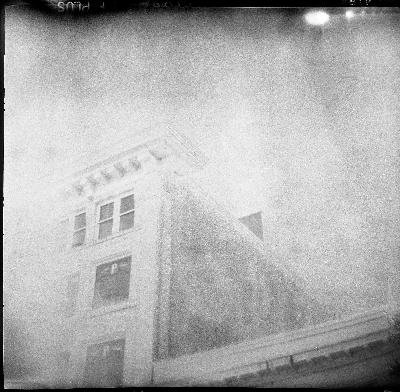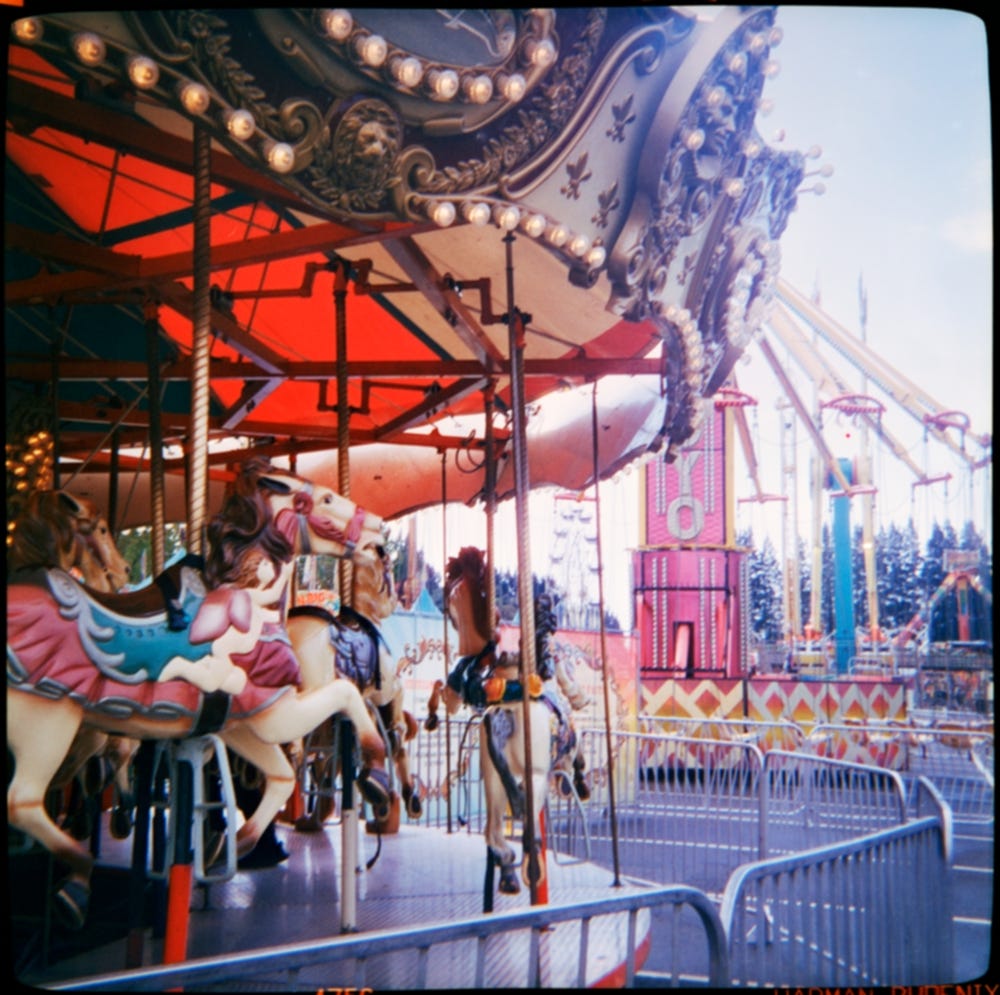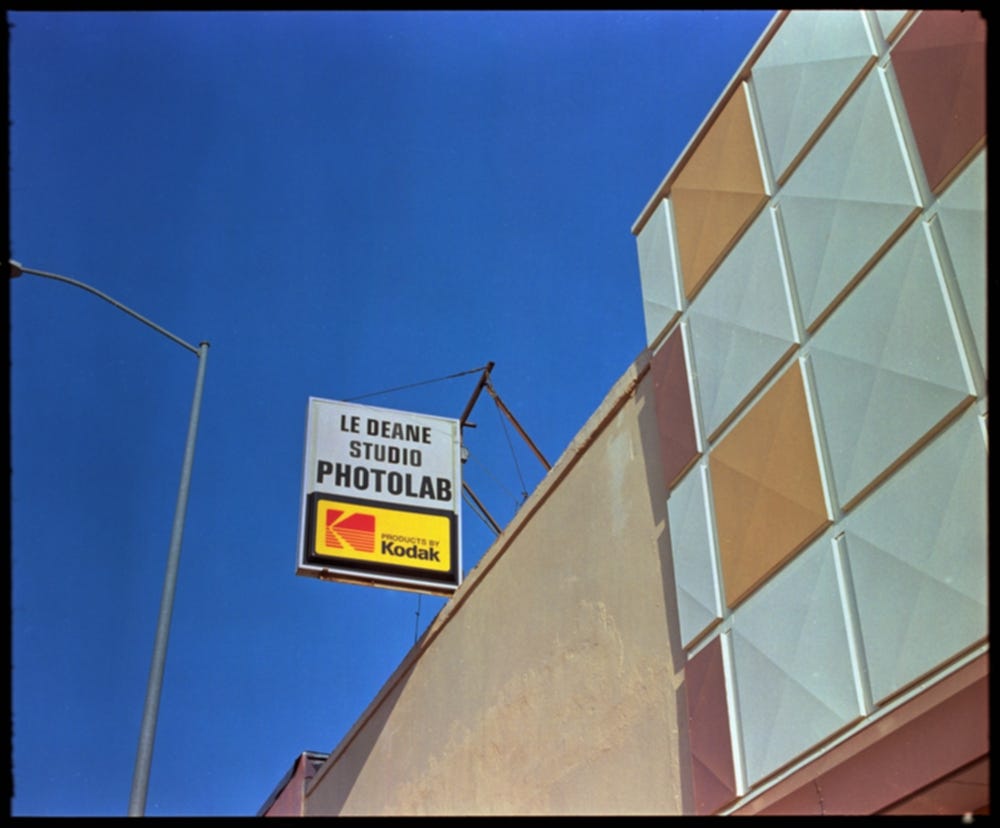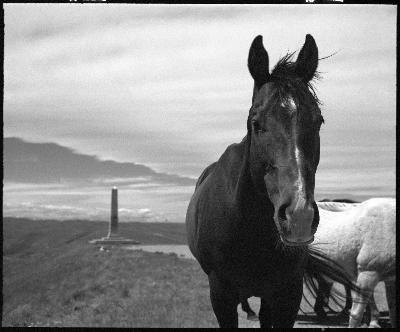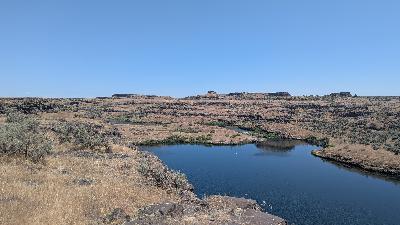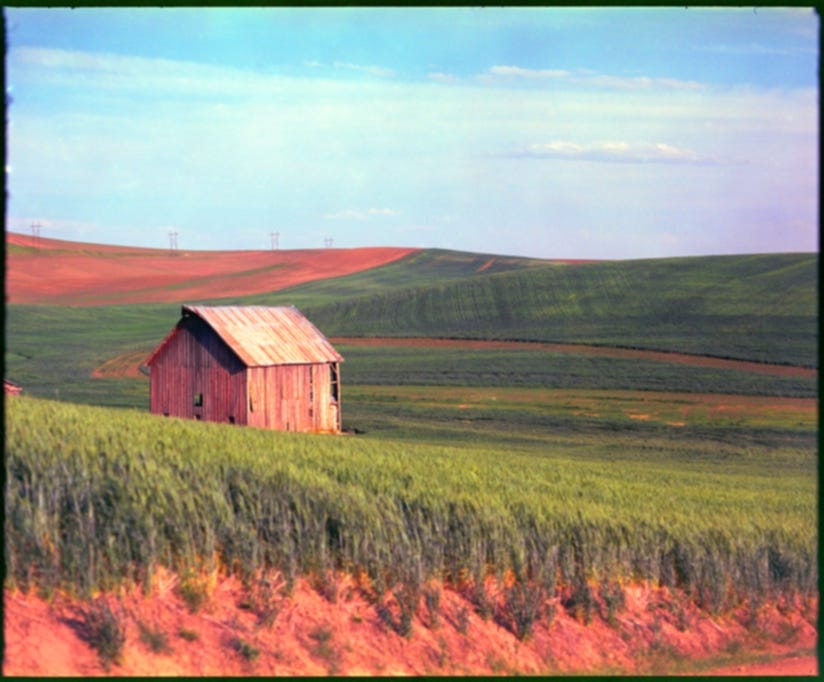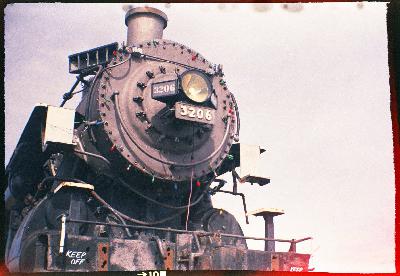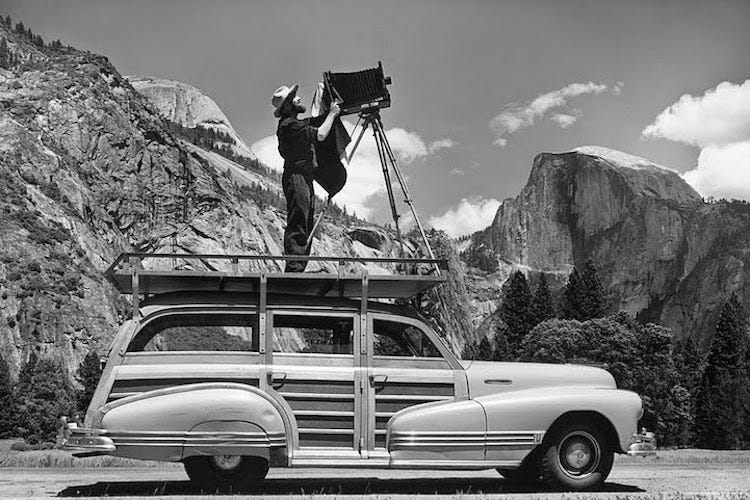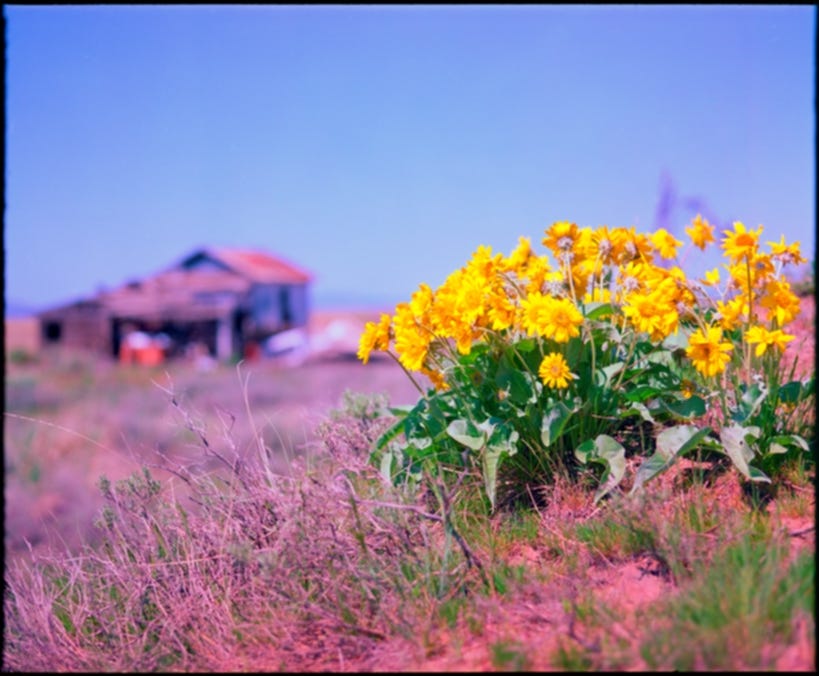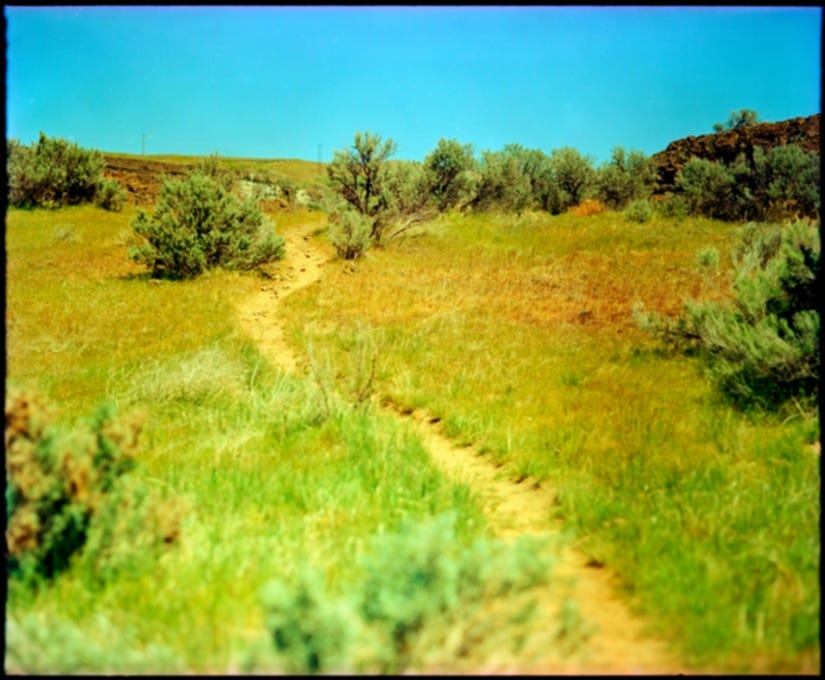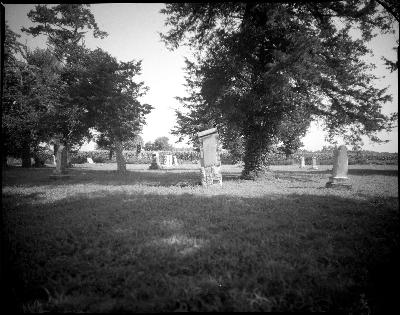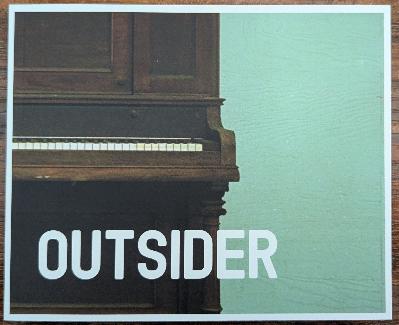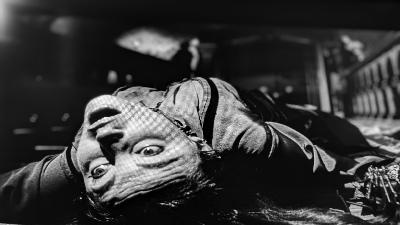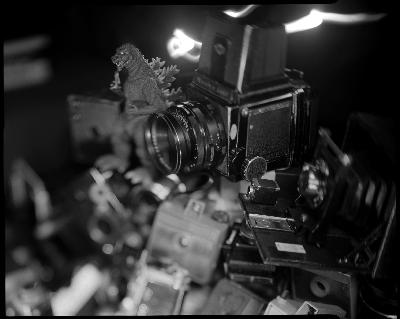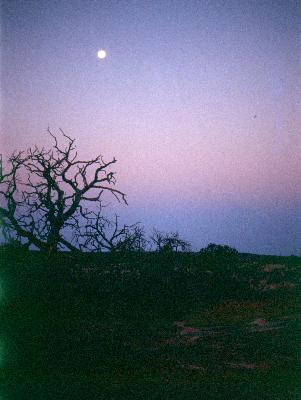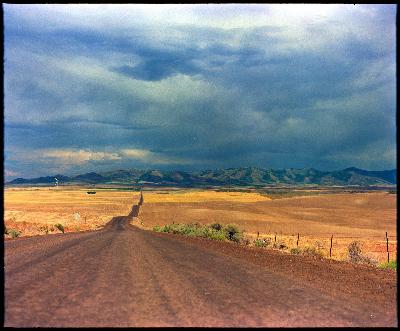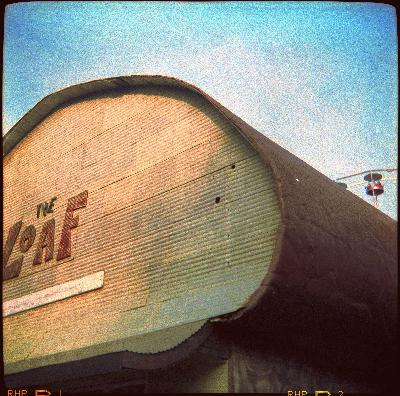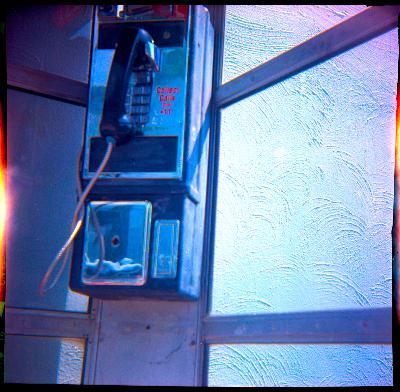Why We Embrace the Imperfections of Film Photography
Description
I’ve got three things to talk to you about today. First up is about a major minor setback I had last week. It’s first because it’s a first-world problem, but since it’s my first-world problem, it’s going to be yours as well.
Second, you’re going to learn something about photography. Not the thing. The word.
Third, we all hate social media and now we’re playing musical chairs. The last one on Instagram please turn off the light.
I haven’t been writing as much as I used to. There was a time when I could sit down and scratch out a few thousand words every day. First, it was embarrassing poetry, then regular poetry, then personal and travel blogging, and then I became a history blogger. Then, I got more interested and serious about film photography, and in a way that filled much of the void otherwise filled by writing.
And while photography is wonderful, there’s some itch left unscratched that only writing can get at.
When I did the previous podcast, All Through a Lens, I filled my days once again with writing and research. A 90-minute episode would take days to write. That schedule became a full-time job and once we were okay with pretending that Covid was more or less over-ish, I went back to work, and it became unsustainable.
So now, still with that full-time job, I’m at it again. But this time will be different, I tell myself. This time I’ll stick to mostly opinion and personal topics. They might be more challenging to write, but there’s no research and that was the true time-suck of it all.
This brings me back to film photography. With many of the photos I share on social media, I include a bit of writing. Sometimes it’s something I jot down with but a few glances at the photo. With the cemetery stuff, I do actual surface-level research and write about what I find. But lately, I’ve been rattling ideas around in my head, playing with them throughout the day, and penciling down not nearly enough notes.
Not long ago, I spent the day mulling over a sentence: We embrace the imperfections of film photography as if what we’re photographing is perfect. I knew it wasn’t exactly what I wanted to say or how I wanted to say it, but it was something.
As I worked at my job, I formed some ideas. Nothing concrete, nothing written down (unfortunately), but a small speck to build from. I figured that if it was going to come together as a larger piece, it would eventually just come together as a larger piece.
Keep in mind, this wasn’t my whole day. I didn’t stare into the ceiling lights, mouth gaping to ponder whatever I was about to come up with. I went through my day as a normal human - I worked, I drove home, I ate, I listened to both sides of the Charles Mingus Black Saint and the Sinner Lady record, watched some TV, and then I wrote. Like normal humans do.
I sat down around 7 pm to write this out. It had grown some and by this point, I was thinking of almost nothing else. I even knew the photo I was going to use for the words.
Before my fingers hit the keys, I had the first paragraph memorized:
We embrace the imperfections of film photography — the dust, the lint, the missed focus, and poor development — as if what we’re photographing is perfect.
I went on to write seven or eight paragraphs more. I got it all down in an instant. It took thirty minutes of composition. I did some light editing. Then some more. I moved this here and that there. I corrected my tenses (I often have problems with tenses, as well as passive voice which barely makes sense to me - I have problems with getting sidetracked too), and it was final and complete.
While I was writing and editing this, I was also doing some extra lint removal in the photo editing software I use. It was basic cloning tool stuff. I like to do it myself rather than let whatever scanning software I have do it.
For writing, I should use a program that autosaves. Almost everything does now, and it’s pretty handy. But the program I use for writing about photos is a simple photo tagging program not at all meant for writing. It doesn’t even have spell check. Rather than write somewhere else and then copy/paste it into this tagging program, I cut out the middleman and just wrote it there.
The problem is that when I saved it with the tagging program, the text was embedded within the photo file itself as a comment tag. So after I removed all the lint I could, I saved the photo again, but in the photo editing software. Doing this overwrote the entire file, including the tags and comments, completely deleting everything I wrote.
And it was gone. I tried a variety of different things, but in the end, it no longer existed.
I was angry and sad. Pissed off at myself, I got up and walked it off. I came back to the keyboard and there was nothing. I could recall much of the first paragraph, but nothing of anything else.
I took a breath. And then another. And still nothing. Utterly disgusted with myself I went to bed. Thirty minutes later, I got up to try again. Nothing. Nothing.
After writing a quick and cranky synopsis of what happened, I uploaded the photo, including the new and fairly meaningless text to share the next day. Something grumpy about being angry and sad and pissed off at myself.
The next morning on the drive to work, parts of it began to come back to me. There were little phrases like “light so perfect, angles so square” and “shadows revealing even less than we see.” I mean, it’s not Shakespeare, but things were starting to re-form as I drove.
I feared that it would all come back on I-5 north and I would have no way of getting it down.
When I got to work, without even taking off my coat, I took out my notebook and a pencil and wrote everything I could. I wrote in scratches and scribbles, crossing out entire sentences and drawing arrows to place this here or that there. So many arrows.
Fifteen minutes later, there it was. More or less complete, but also a complete mess spread over two pages of notebook.
There were some edits and a bit of rewriting, but it was finished. Maybe it’s a little different from what I wrote the previous night, but still. Finished.
What didn’t escape me, even the night before, was just how this entire process from creation through destruction to creation again was a perfect exemplar for the piece I had written.
So now, here it is:
We Embrace the Imperfections of Film Photography
We embrace the imperfections of film photography — the dust, the lint, the shifting colors, and poor development — as if what we're photographing is itself perfect by comparison.
As if our lives all around us aren’t faltering and broken, we compose to pleasing forms and sacred ratios, every shot a reach for perfection, the angles so perfect, the lines so square.
We hold close the warmth of analog with half-truths and the imagination that life is surface noise and that we see in grain.
These blemishes, so perfectly symbolic, are cherished as aesthetic, as decoration; the light leaks in only so much, the shadows reveal less than we see.
We decry the performative, what we judge dishonest while practicing faces and poses. We perform for ourselves like actors on stage, creating scenes and moments.
And when everything is made just so, when our movements are placed just right, when the light and shadow and time all play their roles, we play our own. We open the shutter and we imagine this is honesty, that this is somehow not performative.
We enjoy the waiting, the holding still and counting, where angles, composition, and golden light entwine in this feigned perfection chased and ruthlessly hunted.
It ends in a moment so fleeting and immediate that its preservation must be tangible to us. The fate of all this motion and struggle must necessarily be captured and framed to stillness; matted and muted, displayed on a wall like some trophy perfected.
We capture on film what we love, the friends, those nearest, the refuge we have made for ourselves. But we have held the crumbling photos of our grandparents, the shattered ambrotypes in stained boxes, shards and splinters where the finest resolution once clung fast and forever.
Our negatives and photos, we know, are not lasting. Our prints, even archival, fade with time, even in darkness where they live unseen anyway.
Our lives end, our cameras break; the memories die unglorious and forgotten without ceremony, like ourselves, and not even ghosts remain.
We still herald these so small imperfections, the missed focus, the decay, and that time we rolled the film backward. These nearly random cuts and scars are our inoculation against our larger creation: our own lives and the world we built.
As if the lint and specks, the dust and endless cat hair play their parts, standing in for all manner of life’s terrors and dismays, for wars and broken treaties, for disease and death. But our creation, flawed and performed, brittle and impermanent, in the end, is our own.
We embrace the imperfections of film photography because we cannot embrace the imperfections of life without this filter, this art form standing between ourselves and our world destroying itself. We cannot look upon, cannot live through all this destruction without our own creation to behold.
And there it is. To be honest, I don’t have a clue what to do with it. But it’s there. I got to thinking about the arguments between film and digital and just how stupid and shallow they are. And then I just wrote to see where it would take me.
There’s quite a bit of writing left in me, so maybe it’s best that we just revisit this another time.
Photo Words: Photography!
If you follow me on Instagram, you’ll know that I have a f

